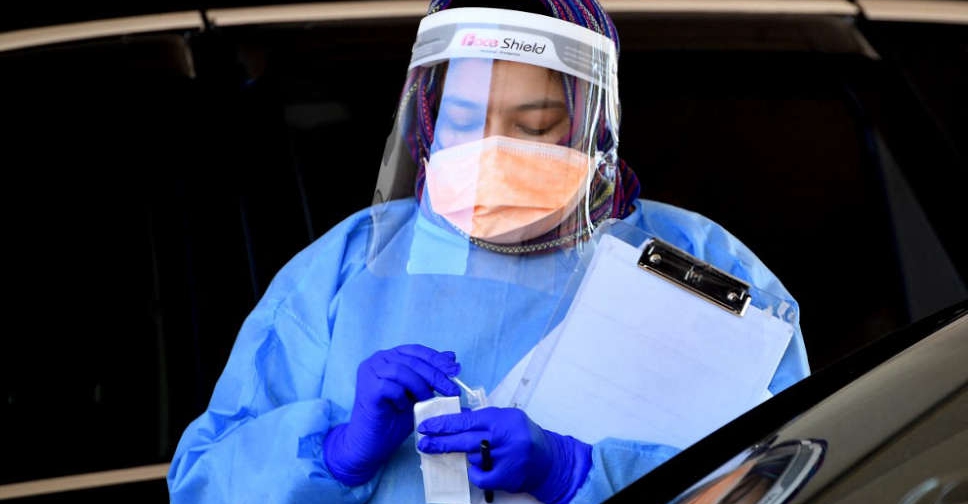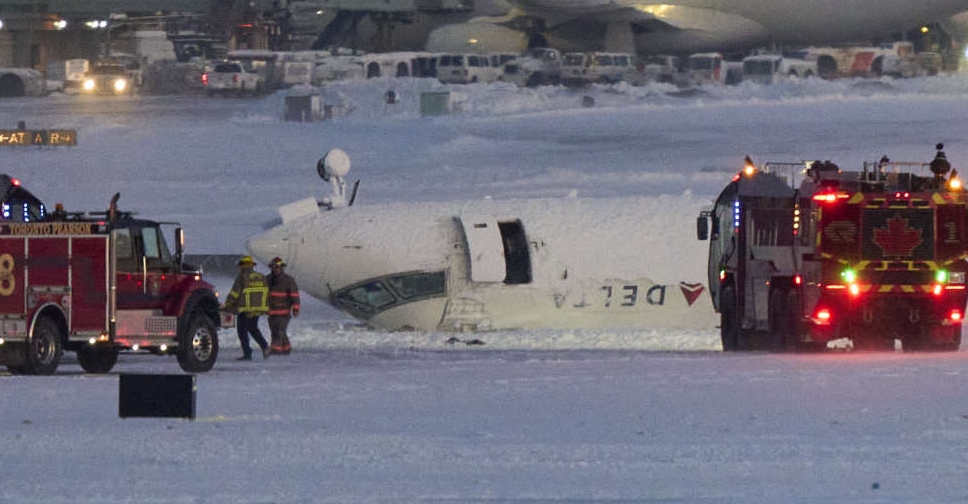
Intensive care cases in Australia's New South Wales will hit a peak in October as COVID-19 infections accumulate, said the premier of the country's most populous state, which reported record daily new infections on Monday.
New South Wales, the epicentre of Australia's current outbreak, declared a record 1,290 new cases as the nation struggles to contain the highly contagious Delta variant.
Premier Gladys Berejiklian said the state was preparing for additional hospitalisations as infections pile up, before increased vaccination coverage starts to ease the pressure.
"We anticipate that the worst month, the worst time for our intensive care unit will be in October," Berejiklian said in the state capital Sydney.
"We will need to manage things differently because we are in the middle of a pandemic, but we will cope."
There are 840 people in hospital for COVID-19 in New South Wales, with 137 in intensive care and 48 requiring ventilation.
The state reported four additional fatalities on Monday, taking the COVID-19 death toll to 1,003 in Australia, the last of the Group of 20 big economies to exceed that milestone.
One of the four was the first known death of an Aboriginal person. The 50-year-old man, who was not vaccinated, lived in western NSW where vaccination rates are particularly low, raising fears there will be many more deaths there.
"Aboriginal people were deemed to be vulnerable communities, vulnerable groups in the vaccine rollout. And clearly that has failed," Linda Burney, Labour's Shadow Minister for Indigenous Australians, told reporters.
Nationwide, a record 1,375 new COVID-19 cases were reported.
Australia has used a system of strict lockdowns and quarantine to keep coronavirus infection and death rates lower than in most comparable nations, however the Delta variant is now pressuring health services.
Just over 33 per cent of those aged 16 and older have received two vaccine doses, well below most comparable nations, according to government data.
The delays were partly because of changing health advice over the use of the AstraZeneca vaccine, which was to be the backbone of the country's immunisation programme, after rare cases of blood clots among some recipients.
The pace of vaccination in Australia has since risen to a seven-day average of more than 250,000 doses a day, the fastest rate ever, according to a Reuters analysis.
Australia's second-most populous state, Victoria, reported 73 new COVID-19 cases on Monday, a day after Premier Dan Andrews said he would extend lockdown measures as daily infections reached the highest in a year.



 Delta plane flips upside down on landing at Toronto airport, injuring 18
Delta plane flips upside down on landing at Toronto airport, injuring 18
 Florida man shot Israeli visitors thinking they were Palestinians: Police
Florida man shot Israeli visitors thinking they were Palestinians: Police
 Israeli military says it killed Hamas official in southern Lebanon
Israeli military says it killed Hamas official in southern Lebanon
 Russia rules out territorial concessions on eve of US talks
Russia rules out territorial concessions on eve of US talks
 Rubio arrives in Saudi Arabia ahead of Russia talks
Rubio arrives in Saudi Arabia ahead of Russia talks







